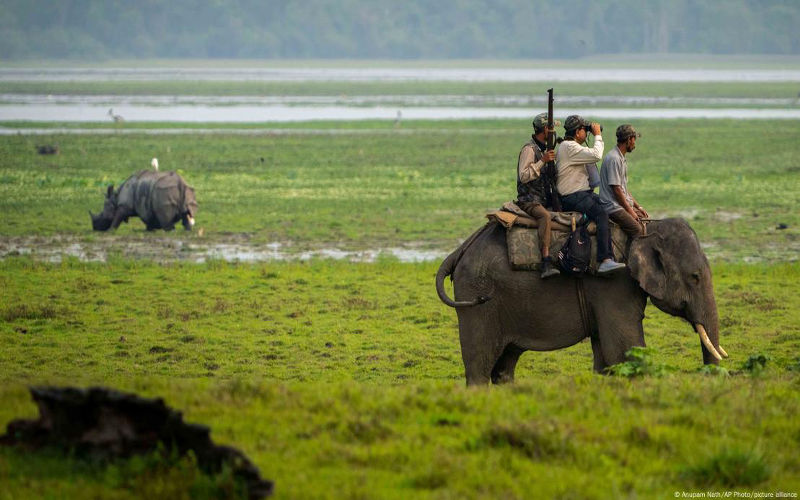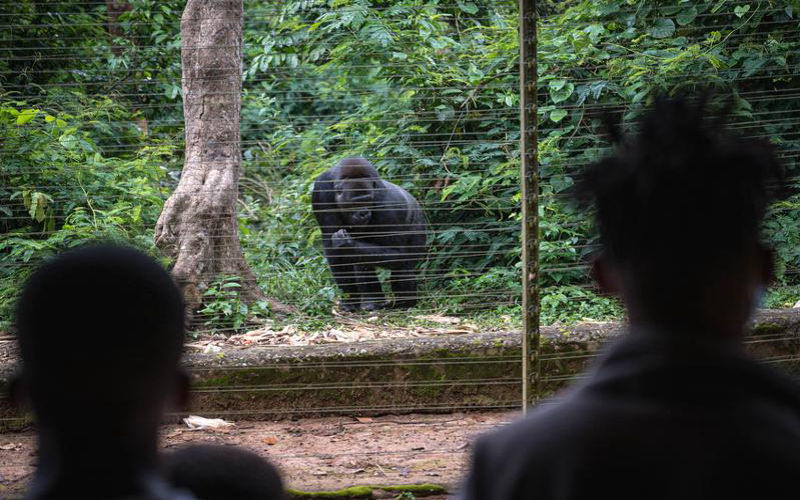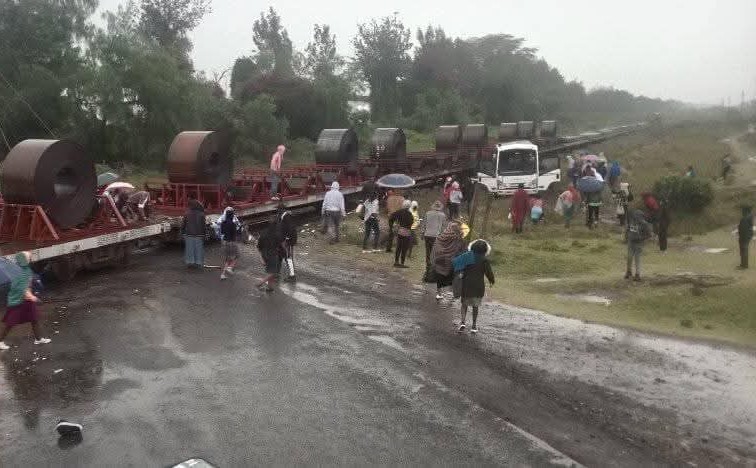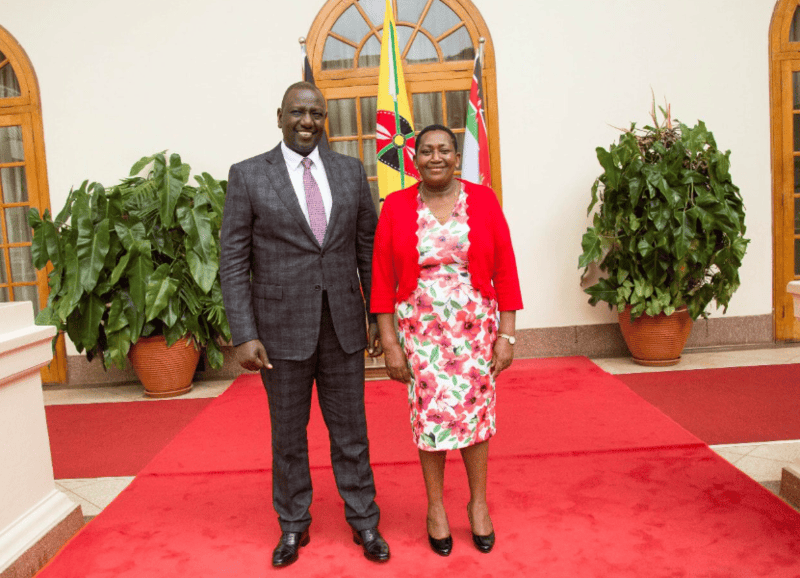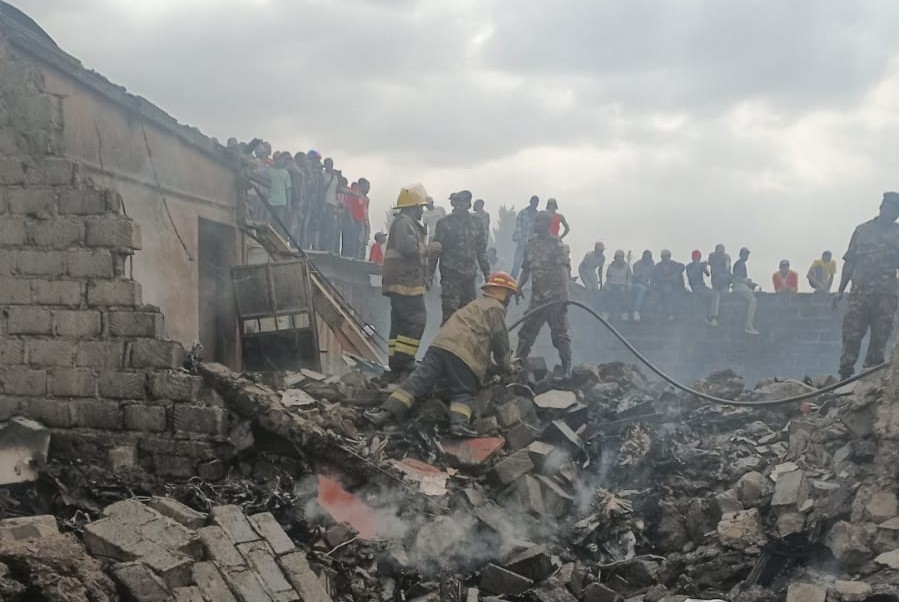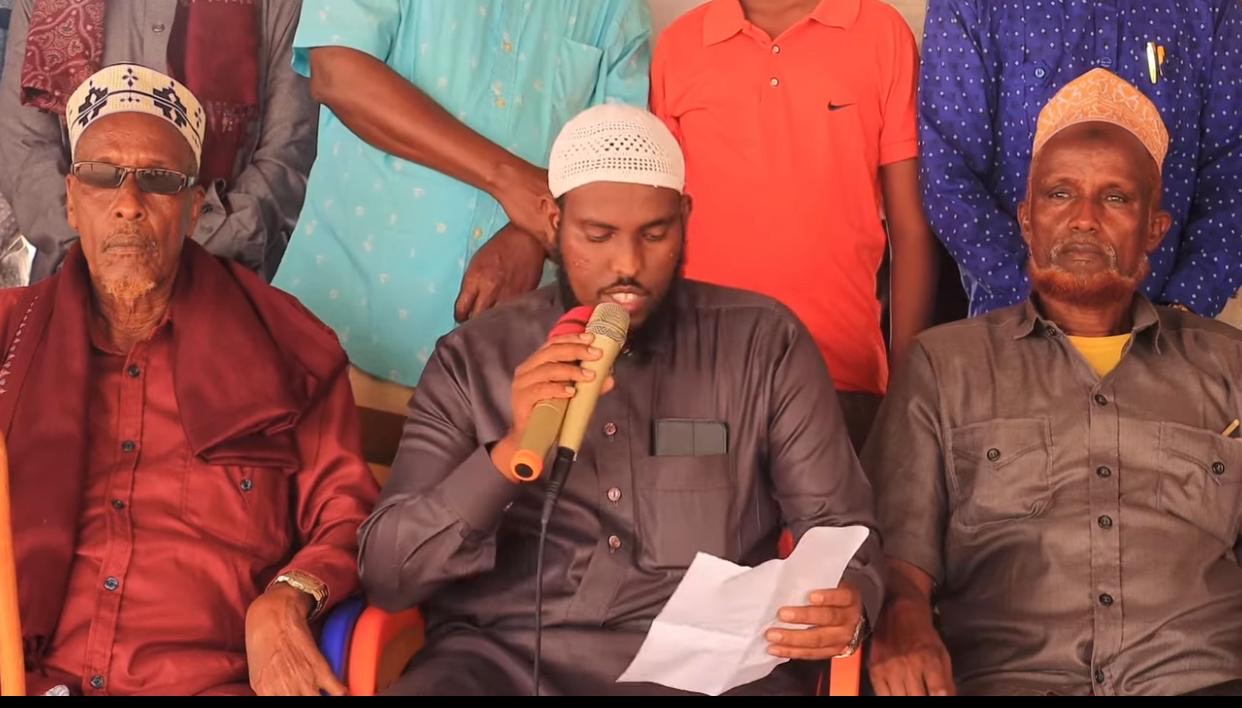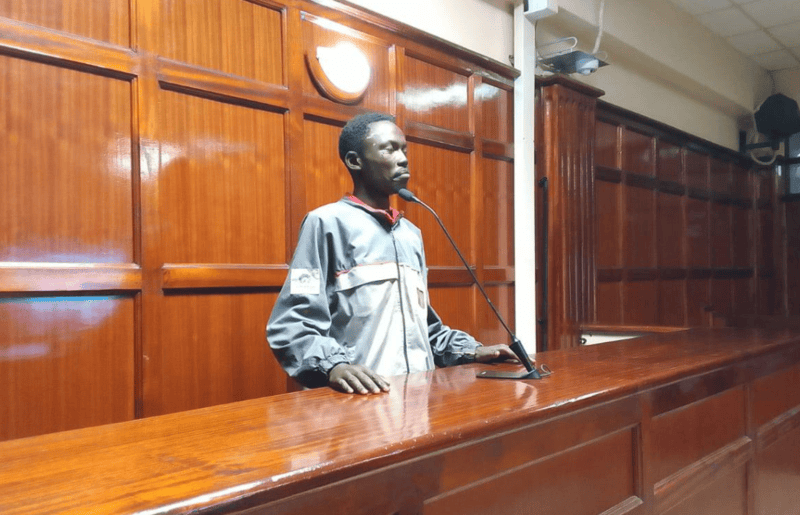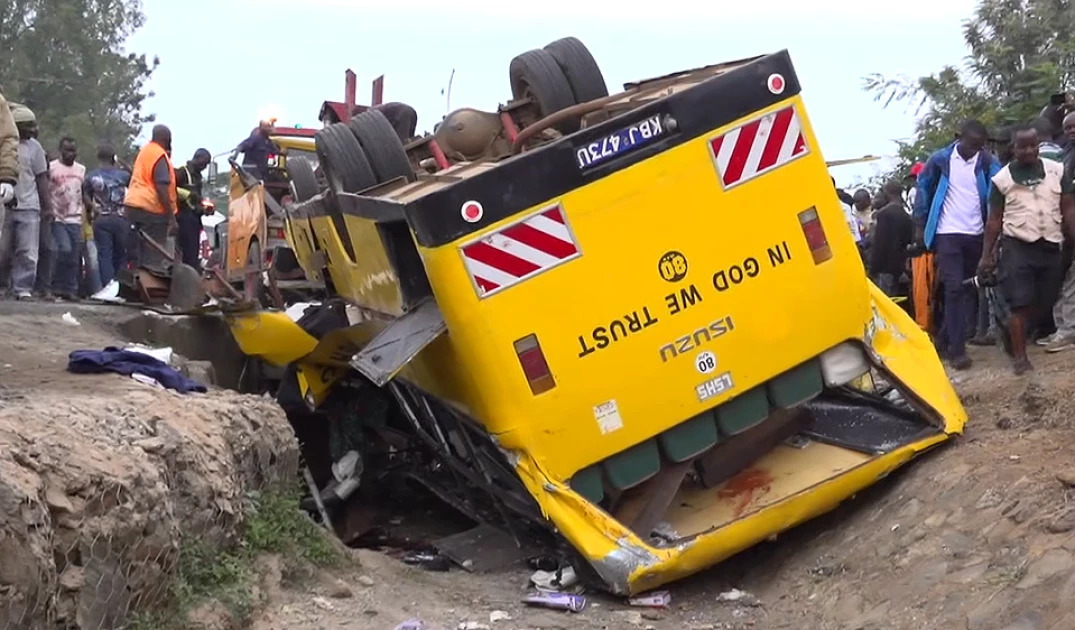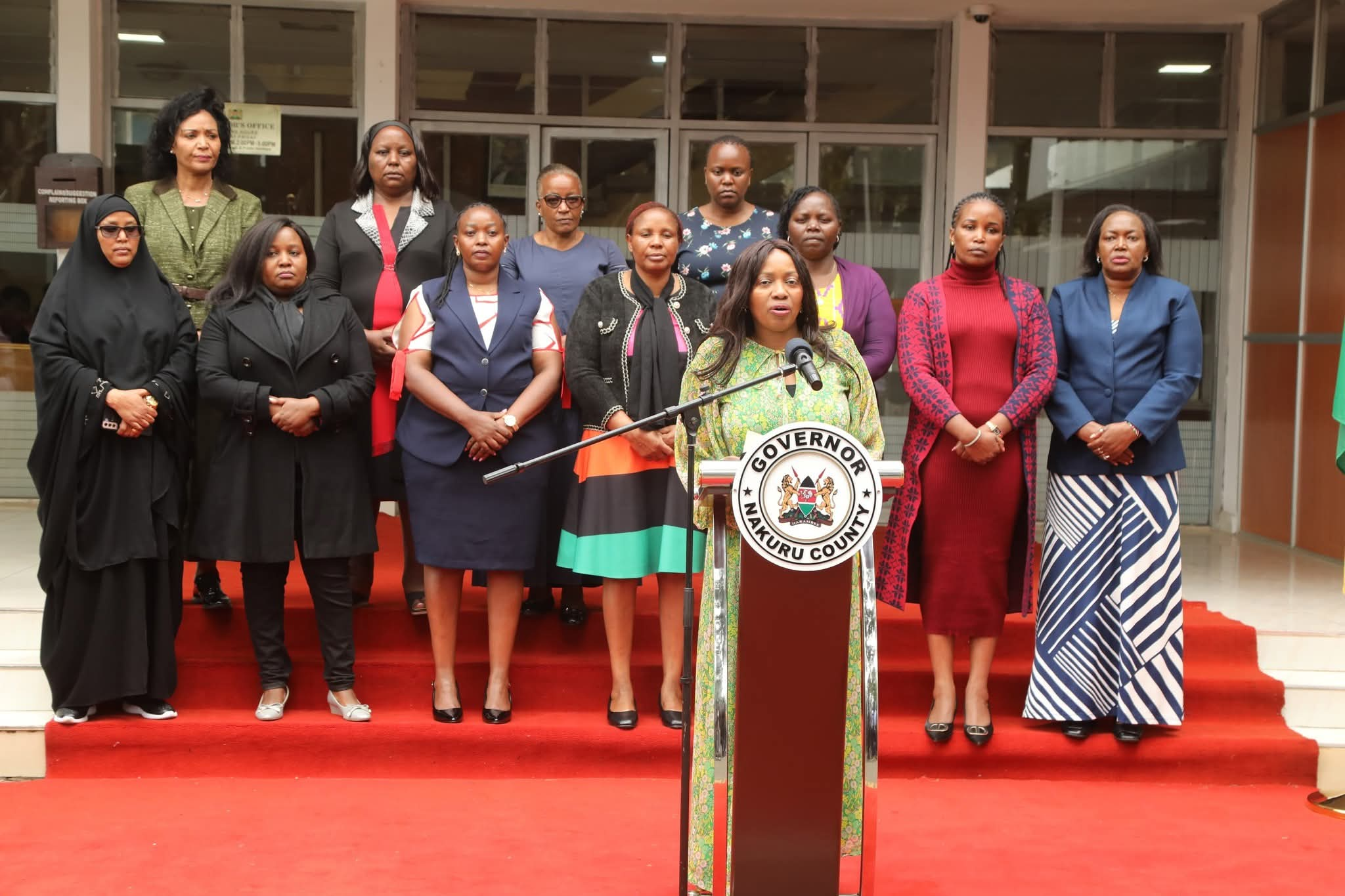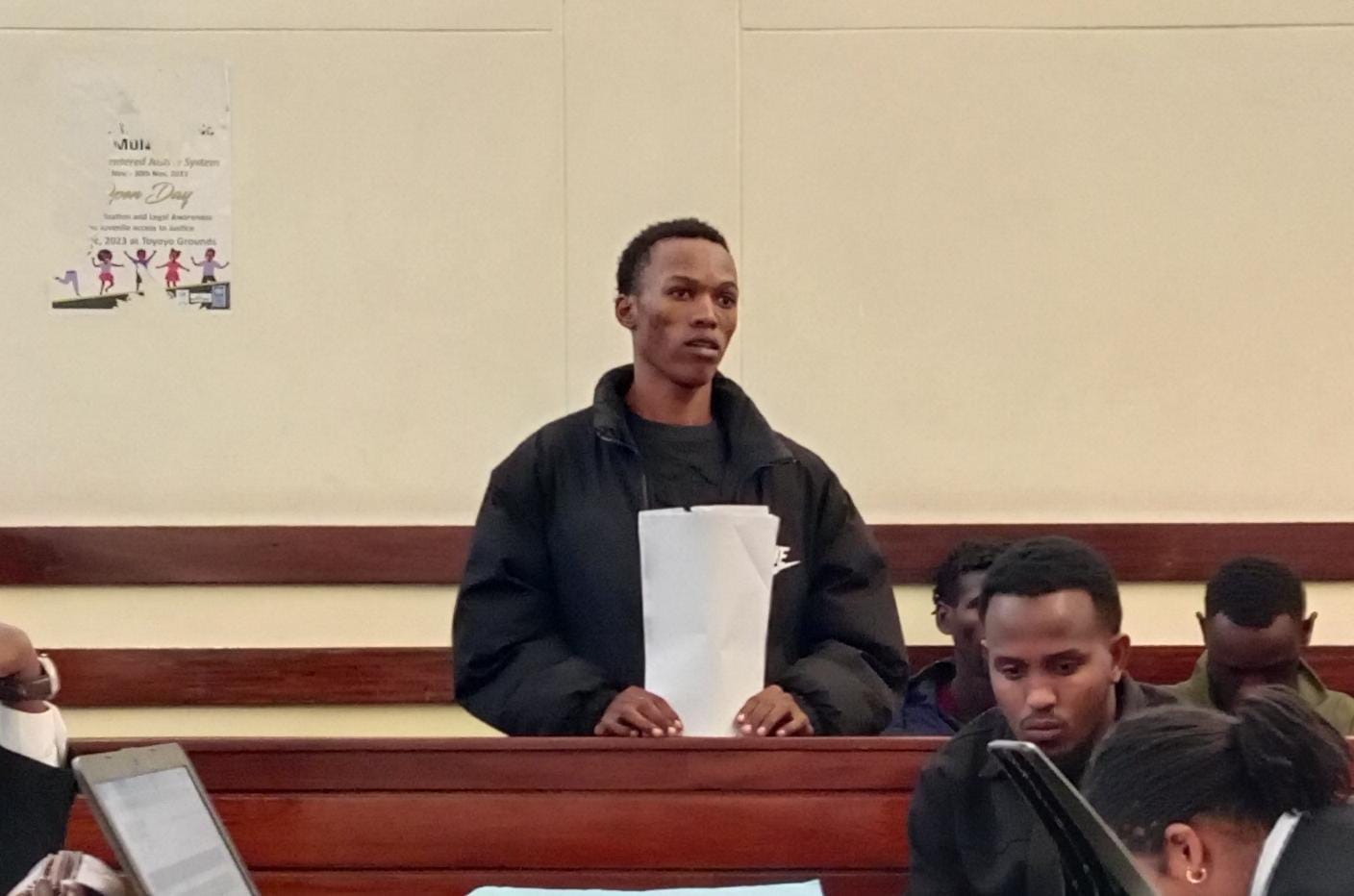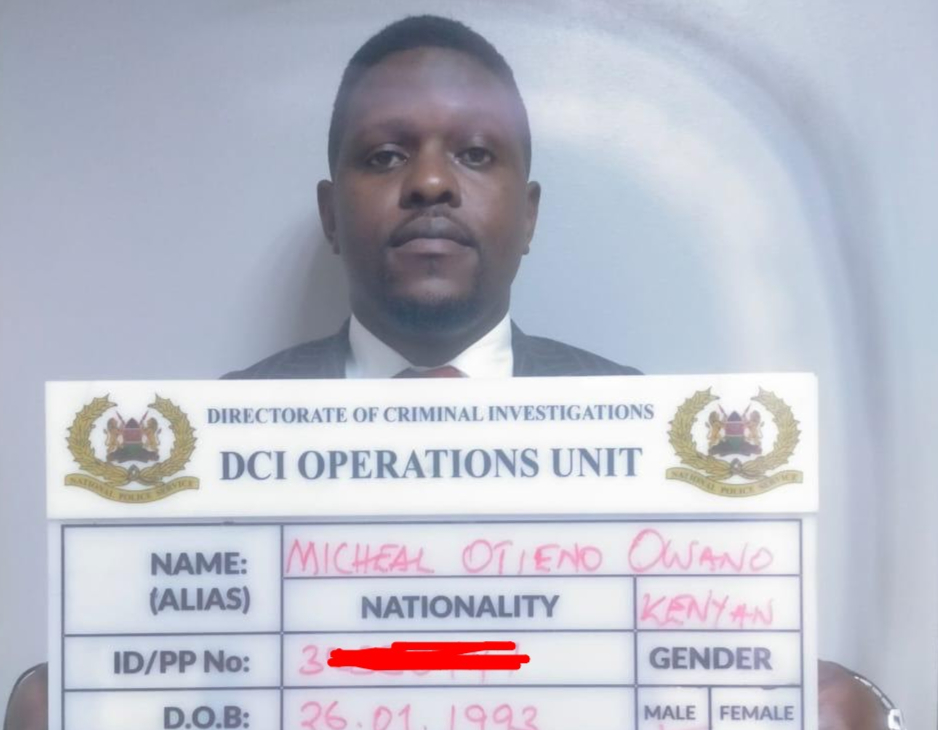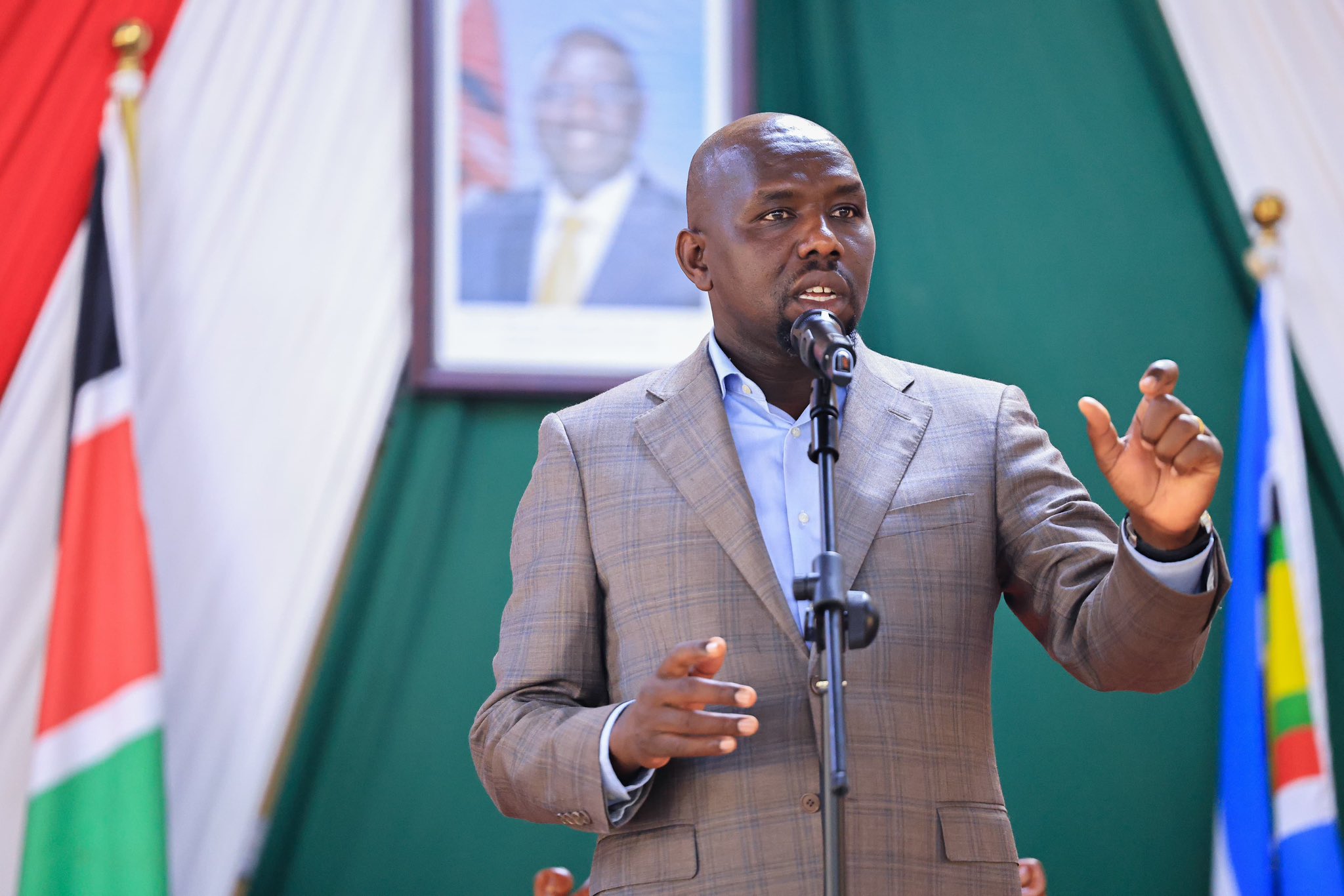Should Africa be worried about earthquakes?

In Africa, fault lines stretching across the continent pose serious risks, yet preparedness remains low.
The recent earthquake in Myanmar has drawn fresh attention to global preparedness for natural disasters, including on the African continent.
African experts are concerned about seismic threats and limited local capacity to respond. For Gladys Karegi Kianji, a seismologist at the University of Nairobi, Kenya, who has studied African earthquakes for 15 years, this is far from a new worry.
More To Read
- Myanmar quake death toll at 3,354, junta leader returns from summit
- UN urges aid to Myanmar quake survivors before monsoons hit, death toll climbs towards 3,000
- Myanmar earthquake survivors without food and shelter as death toll rises above 2,700
- Myanmar quake death toll hits 1,700 as aid scramble intensifies
- Aid rushes into Myanmar after earthquake kills over 1,600, ravages cities
- Myanmar quake death toll passes 1,600, as junta lets in foreign rescuers
"I don't hire an apartment in a tall building beyond the first floor in Nairobi,” Kianji said.
Is Africa at risk of earthquakes?
Earthquakes have struck the continent before. Thousands were killed in Morocco's 2023 disaster, while Ethiopia's 2005 quake resulted in the displacement of about 6,500 people.
Folarin Kolawole, a structural geologist at Columbia University, US, says assessing a region's earthquake risk involves looking at historic earthquakes in the region and identifying fault lines, which are fractures between rocks.
Africa, he says, lies on a complex geological structure that makes it vulnerable to seismic activity.
 Members of a response team work at a collapsed residential building following the earthquake in Mandalay, Myanmar. (Photo: China Daily via REUTERS)
Members of a response team work at a collapsed residential building following the earthquake in Mandalay, Myanmar. (Photo: China Daily via REUTERS)
At the core of this risk is the East African Rift System, where the African Plate is slowly splitting into the Nubian and Somali Plates. As these plates drift apart more, Kolawole says it leads to earthquakes in countries like Ethiopia, Kenya, Uganda, Tanzania, and Mozambique.
Where are Africa's earthquake zones?
Africa has several active seismic zones.
In 2016, a group of geologists created the Seismotectonic Map of Africa, highlighting regions based on historical quakes and geological activity.
Kolawole identifies the East African Rift covering Malawi, Tanzania, Ethiopia and Madagascar as the most earthquake-prone part of Africa.
These countries lie along a 3,000-kilometre (1,864-mile) fault stretching from Ethiopia to Mozambique and frequently experience tremors, some causing significant damage.
And while West Africa is often seen as tectonically stable, he points to Ghana's past earthquakes and recent tremors in Nigeria as signs of potential for a large magnitude earthquake to occur.
Lake Kivu: A volatile mix of geology and gas
Lake Kivu, between Rwanda and the Democratic Republic of Congo, is one of Africa's deepest lakes.
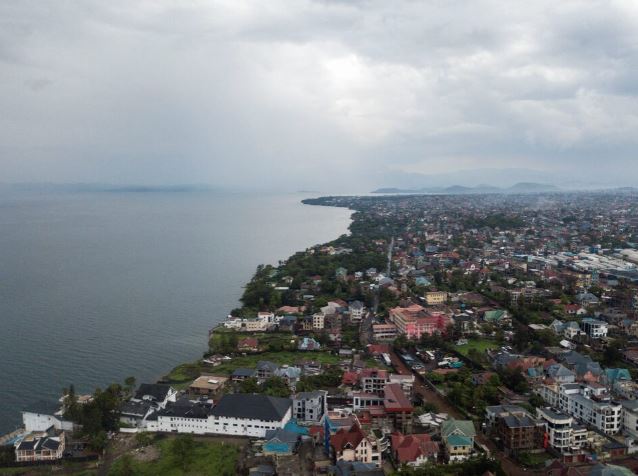 Aerial view shows Lake Kivu and the skyline of the city of Goma, North Kivu province, Democratic Republic of the Congo October 21, 2023. (Photo: REUTERS/Arlette Bashizi)
Aerial view shows Lake Kivu and the skyline of the city of Goma, North Kivu province, Democratic Republic of the Congo October 21, 2023. (Photo: REUTERS/Arlette Bashizi)
What makes it dangerous, Kolawole explained, is the large amount of dissolved carbon dioxide and methane, the latter being highly flammable.
In the event of a strong earthquake, these gases could be released in a rare "limnic eruption", potentially suffocating thousands.
In 1986, a similar event at Lake Nyos in Cameroon killed over 1,700 people when a gas cloud silently swept across nearby villages.
To mitigate this risk, the Rwandan government launched the KivuWatt Gas Methane Power Plant in 2016 to extract methane from the lake for electricity production.
Despite active fault lines, rising seismic activity, and initiatives like this methane extraction facility, Africa remains overall ill-prepared.
"[Governments] don't recognise the importance of putting a network that is going to feed them with the information to do the seismic hazard warning. Definitely nothing like that exists,” said Kianji.
She added that governments are often reactive rather than proactive in disaster risk reduction.
What's needed, she said, is greater awareness, seismic monitoring systems, better policies and urban planning, and economic investment.
Kolawole added that "conflict and unrest in some of the African countries, such as Congo”, hinders preparedness efforts.
"We cannot stop earthquakes from happening,” Kolawole said. "The best we can do is to prepare for it and monitor.”
Fewer than a third of African countries have implemented multi-hazard early warning systems.
Africa can learn from global examples, including Myanmar's recent quake.
That includes better building standards and investment in understanding the geological activity in the region.
"I think there was a lapse in the administration in terms of the building and construction,” said Kianji of the Myanmar quakes.
"If a lot of [scientific] research was put in, some of those very active zones, they may have been able to warn people to be able to evacuate.”
Top Stories Today
